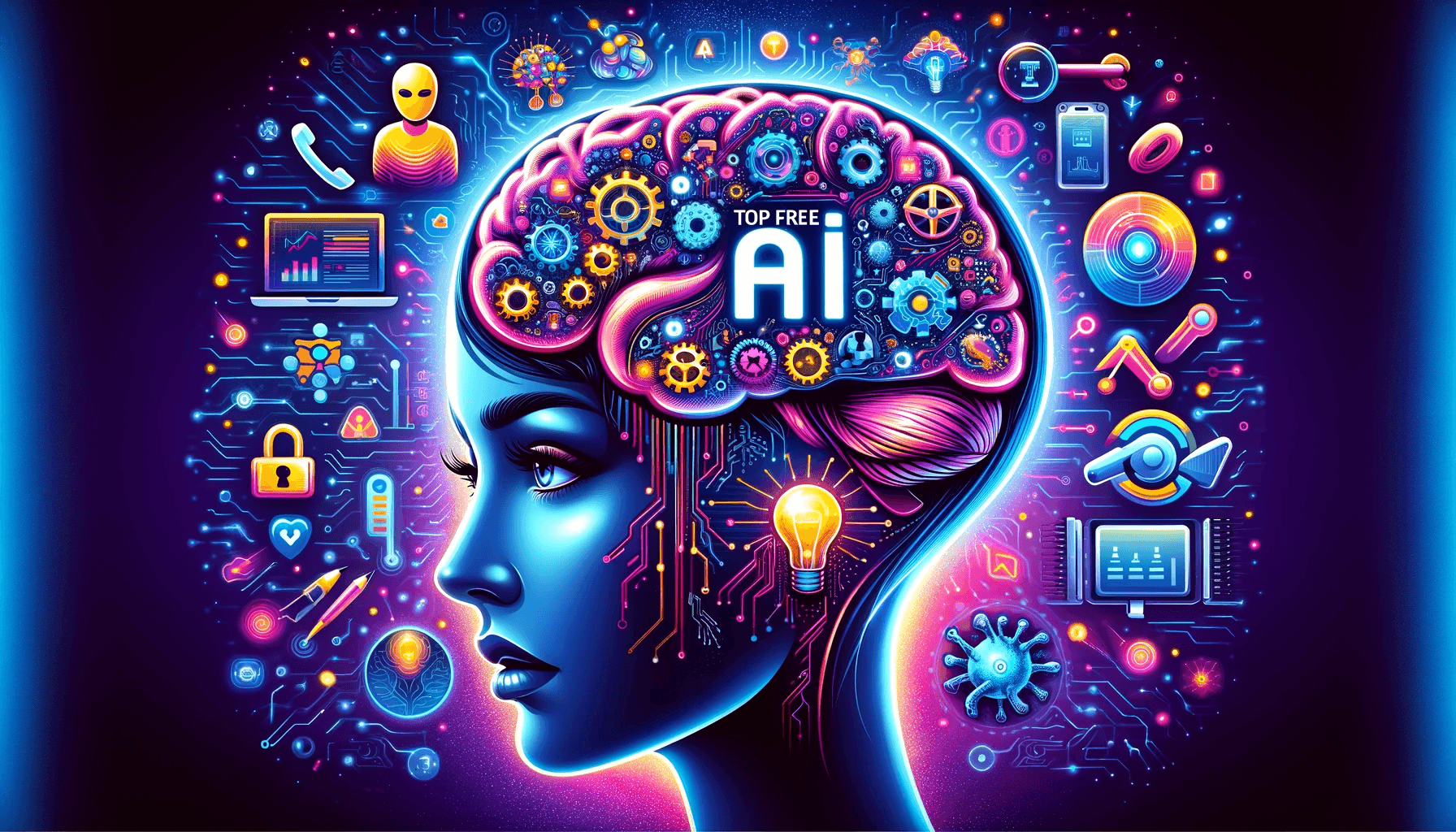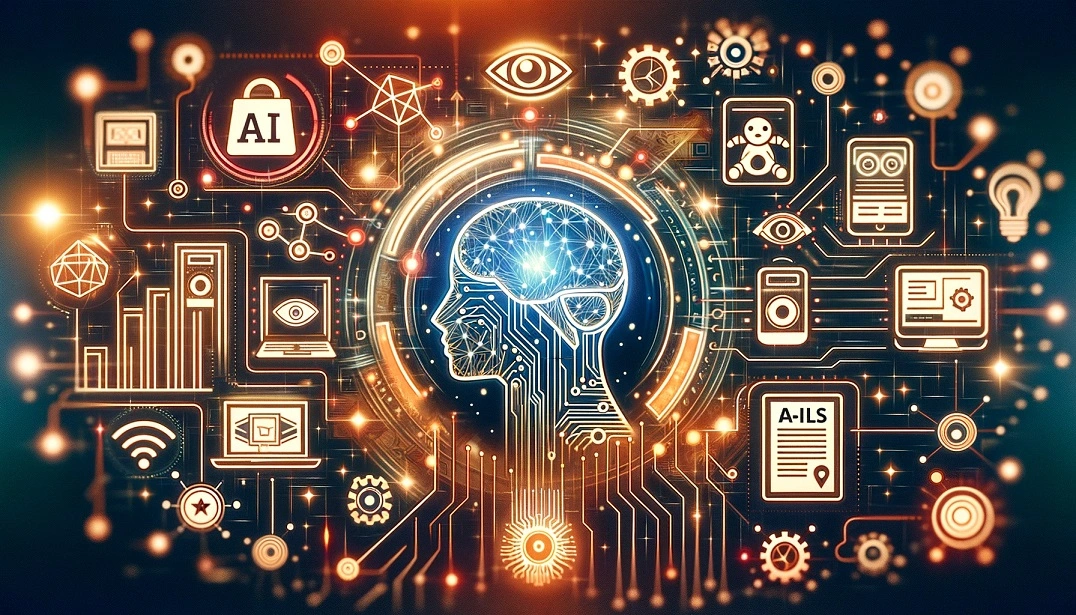Artificial Intelligence (AI) is reshaping how we connect, communicate, and consume content on social media platforms. From personalized experiences to automated moderation, AI plays a central role in enhancing efficiency, engagement, and user satisfaction across the digital landscape.
How Does AI Influence Social Media?
AI in social media refers to the use of machine learning algorithms, natural language processing (NLP), and data analytics to automate tasks, analyze user behavior, generate content, and provide tailored experiences. It powers everything from the posts you see to the ads you’re shown.
Key Roles of AI in Social Media
Personalized Content Feeds
AI helps social media platforms curate personalized feeds by analyzing user preferences, interactions, and browsing history. Algorithms determine which posts, videos, or reels are most relevant to you—maximizing engagement and keeping users active.
Targeted Advertising
AI analyzes massive volumes of user data to help advertisers reach the right audience with precision. It enables platforms like Facebook, Instagram, and Twitter to display highly targeted ads based on user interests, location, and online behavior.
Chatbots and Customer Service
AI-driven chatbots handle queries, comments, and messages on social platforms, providing instant customer support. Brands use these bots to engage with followers, automate responses, and streamline communication.
Content Creation and Scheduling
AI tools assist marketers and influencers by generating social media captions, hashtags, and even images. Some platforms also use AI to suggest optimal posting times for maximum reach and engagement.
Sentiment Analysis
Using natural language processing, AI can evaluate public sentiment around topics, brands, or events by analyzing user comments, reviews, and posts. This helps companies monitor brand reputation and adapt strategies accordingly.
Fake News and Content Moderation
AI helps detect and filter harmful or misleading content by flagging inappropriate posts, hate speech, and misinformation. Machine learning algorithms continuously evolve to recognize and respond to new threats in real time.
Influencer Identification and Trend Forecasting
AI tools can identify emerging influencers and predict trends based on engagement metrics and follower growth. This enables brands to make data-driven decisions when planning collaborations or launching campaigns.
Challenges and Considerations
While AI brings enormous benefits, it also raises concerns:
- Privacy: Extensive data tracking by AI systems can lead to ethical concerns around user consent and data usage.
- Bias and Fairness: Algorithms can unintentionally reinforce bias if not trained on diverse data sets.
- Authenticity: With AI-generated content becoming more common, distinguishing between real and synthetic content becomes increasingly difficult.
Conclusion
AI is an indispensable force in shaping the future of social media. By automating tasks, personalizing experiences, and delivering insights, it empowers brands and users alike. However, balancing automation with transparency, ethics, and privacy is essential to ensure a healthy and trustworthy digital environment.







Leave feedback about this